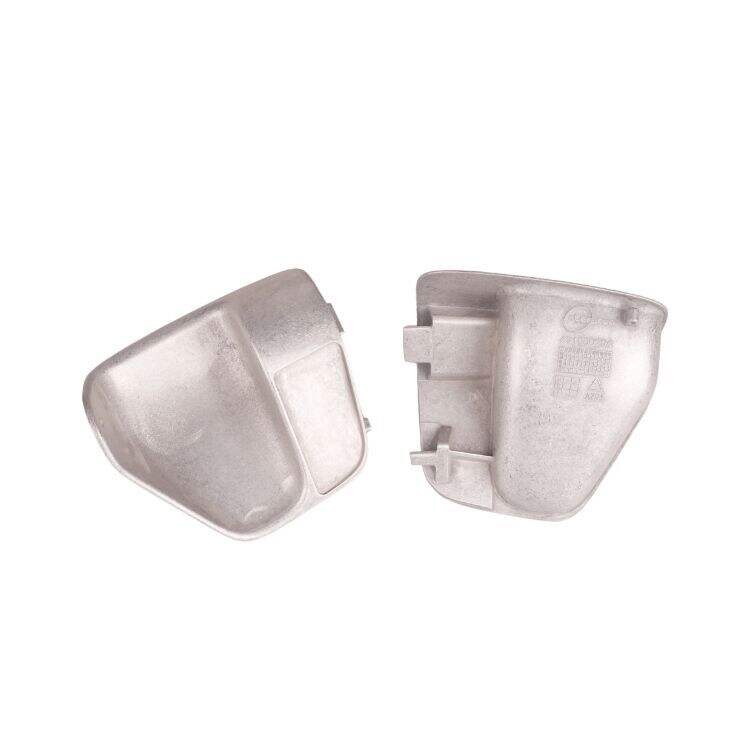Magnesium alloy casting is becoming increasingly popular in lightweight manufacturing due to its unique advantages. It is widely used across various industries, including automotive and aerospace, where weight reduction is crucial. In this article, we will explore the reasons behind its growing popularity and the key benefits it offers.
Magnesium alloy casting offers significant benefits for lightweight manufacturing and should not be overlooked. As one of the lightest castable metals, magnesium helps reduce the weight of components significantly compared to steel or aluminum. This is particularly important in industries like aerospace and automotive, where every gram of weight saved can lead to improved fuel efficiency and performance.
Magnesium Alloy vs. Aluminum: A New Standard in Strength-to-Weight Efficiency
Aluminum alloy die casting is well-regarded for its strength. It combines light weight with sufficient durability, making it suitable for a wide range of applications. For this reason, many manufacturers are turning to magnesium alloys for their lightweight components.
Magnesium alloy casting offers an excellent strength-to-weight ratio, making it an ideal choice for applications that require both durability and lightness. Its dual advantages allow manufacturers to develop products that are not only strong and long-lasting, but also easy to handle and transport.
Advantages of Magnesium Alloy Casting
Magnesium alloy casting possesses unique properties that make it ideal for a wide range of applications. Its excellent corrosion resistance, combined with a lightweight and durable structure, enables products to perform reliably even in harsh environments—particularly in outdoor equipment and vehicles.
The increasing use of magnesium alloys across industries reflects growing recognition of their benefits. As manufacturing technologies advance, companies are developing new ways to incorporate magnesium into their products, resulting in components that are lighter, more efficient, and highly adaptable.
Equally important is the environmental benefit. Magnesium alloys not only reduce product weight but also improve energy absorption. This leads to lower energy requirements during production and transportation, helping manufacturers reduce their environmental impact and move toward more sustainable practices.
Conclusion & Outlook
Overall, it is clear that the use of cast magnesium alloys in lightweight manufacturing is set to grow. Thanks to their strength, corrosion resistance, and low weight, magnesium alloys are increasingly becoming a material of choice across many industries.
This shift toward magnesium alloy casting enables the creation of lighter and more efficient products, supporting ongoing efforts to improve performance and sustainability. With innovative companies like Moldie leading the way, the outlook for magnesium-based manufacturing solutions is brighter than ever. Let’s watch this trend evolve with interest.
 EN
EN
 AR
AR
 BG
BG
 HR
HR
 CS
CS
 DA
DA
 NL
NL
 FI
FI
 FR
FR
 DE
DE
 EL
EL
 HI
HI
 IT
IT
 JA
JA
 KO
KO
 NO
NO
 PL
PL
 PT
PT
 RO
RO
 RU
RU
 ES
ES
 SV
SV
 LV
LV
 SR
SR
 SK
SK
 SL
SL
 UK
UK
 HU
HU
 TR
TR
 FA
FA
 MS
MS
 GA
GA
 CY
CY
 IS
IS
 HY
HY
 AZ
AZ
 KA
KA
 BS
BS
 LA
LA
 KY
KY




